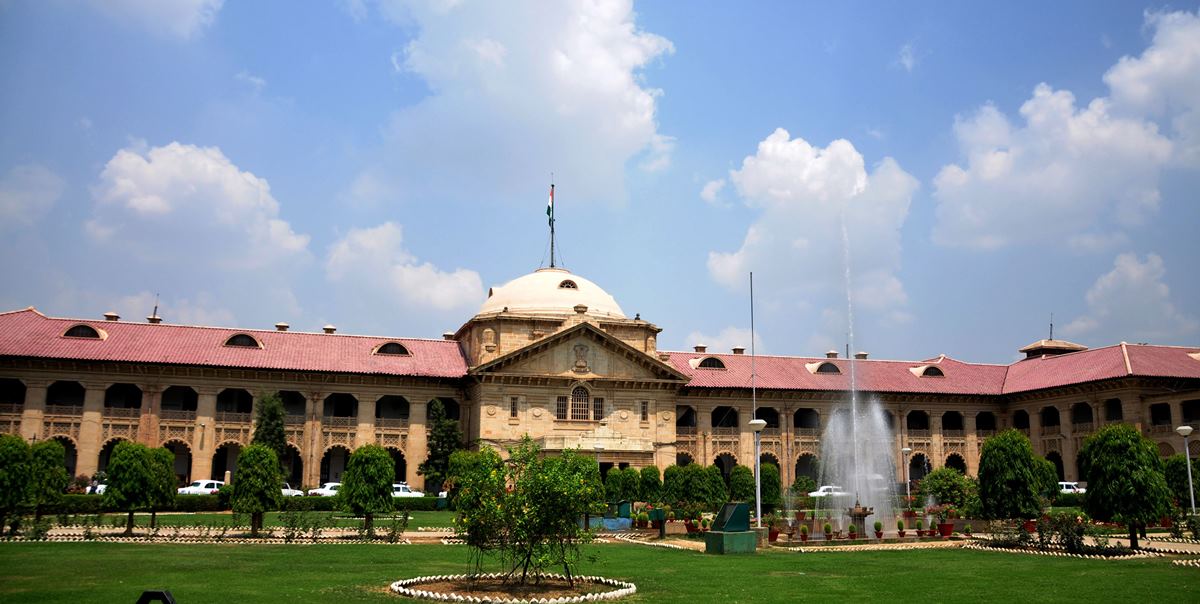The Right to be forgotten: An Accused is entitled to Redact His Name from Court Orders Once Acquitted, says the Madras High Court
By Ruzela Da Cruz
The ‘Right to be Forgotten’ is the right to have the personal information of a person which is publicly available to be lawfully removed from public records including the internet. The Madras High Court recently made an important observation regarding this essential Right to be forgotten. Justice N Anand Venkatesh observed that a person who is accused of any offense and is later acquitted of all such charges is entitled to have his name redacted from the court orders/judgement related to the offense that he was accused of, so as to protect his right to privacy.
This observation was made by the Madras High Court while deciding a petition filed by a person to have his name redacted from the court’s Judgement after having been acquitted of the charges of Cheating (Section 417) and Rape (Section 376) under the Indian Penal Code 1860.
The contention of the petitioner was that even though he had been acquitted of all charges, a Google search of his name led to accessing the concerned judgement of the Madras High Court wherein he had been referred to as the accused. According to the petitioner, this had impacted his reputation in society. Hence he filed this petition for his name to be redacted from the said judgement.
The Madras High Court while making the said observation relied on the historic judgement of K.S.Puttaswamy vs Union of India (2017) 10 SCC 1 wherein the Supreme Court of India held that the Right to Privacy is a fundamental right protected under Article 21 of the Indian Constitution. In light of this, the Madras High Court opined that the Petitioner was entitled to have his name redacted from the Court judgement in order to protect his Right to Privacy.
The Madras High Court also took into consideration a recent decision of the Delhi High Court wherein the Delhi High court upheld the right to be forgotten as part of the Right to Privacy. In this case, the court granted interim relief to an American citizen of Indian origin who had been acquitted of criminal charges under the NDPS Act 1985, by directing Google and Indian Kanoon to remove/block the judgement copy available online as it could cause irreparable damage to his social life and career prospects.
Further, the Madras High Court also made a mention of the Personal Data Protection Bill 2019 which when brought into force would help in protecting the data and privacy of a person. The Court has also asked the members of the Bar to assist it, with regard to this issue, as it was the first time that such a matter had come up before the Madras High Court for adjudication. The matter has been listed for final arguments on 28th July 2021.


